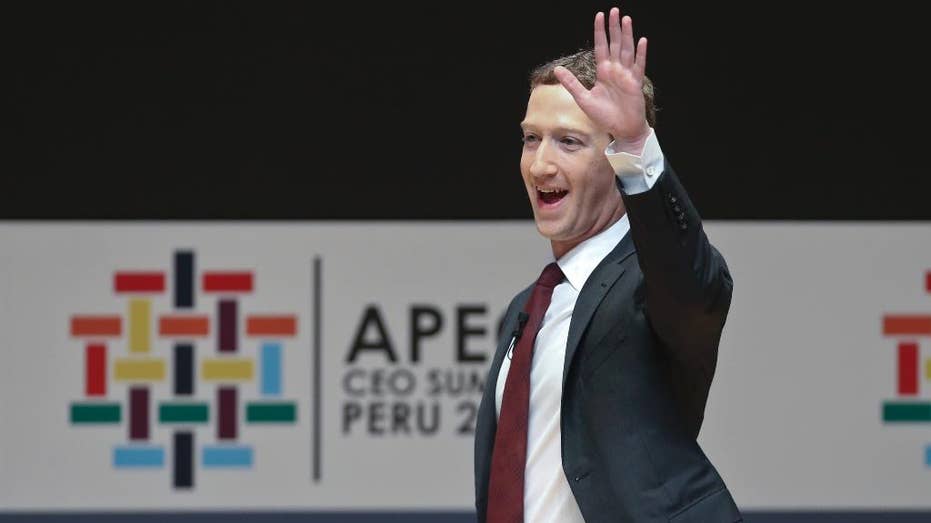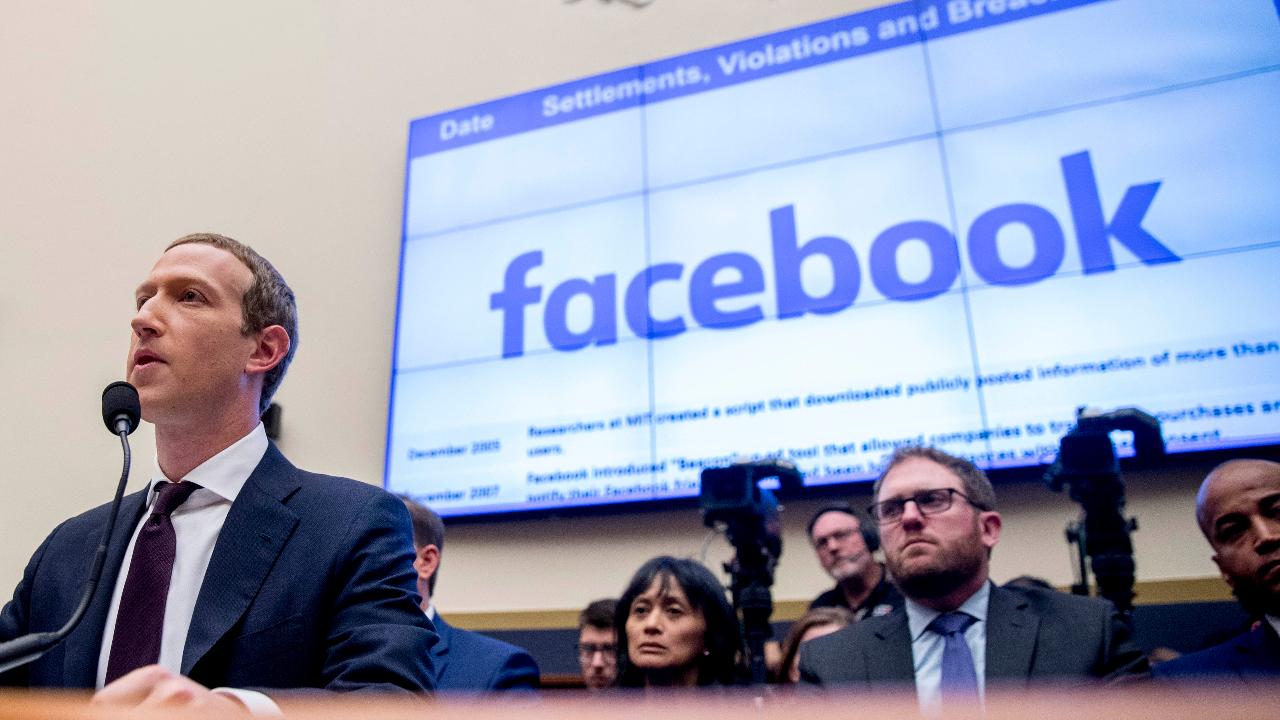Peter Thiel thinks Facebook's political ad policy shouldn't change: Report
Paypal co-founder and billionaire Peter Thiel thinks Facebook should keep its policy of not fact-checking political advertisements on its platform, The Wall Street Journal reported Tuesday.
Thiel, who backed then-candidate Donald Trump's 2016 campaign, serves on Facebook's board of directors and helps Facebook founder Mark Zuckerberg navigate Washington, according to the Journal.
The entrepreneur argued that Facebook should maintin its policy that allows politicians to publish ads to the platform without going through a fact-checking process, the Joural reported citing people familiar with the matter.
"Many of the decisions we’re making at Facebook come with difficult trade-offs and we’re approaching them with careful rigor at all levels of the company, from the board of directors down," a Facebook spokesman told the Journal. "We’re fortunate to have a board with diverse experiences and perspectives so we can ensure debate that reflects a cross section of views."
The tech giant came under fire during an October House Financial Services Committee hearing when Chairwoman Maxine Waters condemned Zuckerberg for allowing political advertisements to go up on the platform without being fact-checked.
Thiel met with Zuckerberg ahead of his October trip to Washington to advise the Facebook founder on how to tackle the overlap between politics and giant tech companies, the Journal reported, citing a source familiar with the matter.

Mark Zuckerberg, chairman and CEO of Facebook, waves during a speech at the CEO summit during the annual Asia Pacific Economic Cooperation (APEC) forum in Lima, Peru, Saturday, Nov. 19, 2016. (AP Photo/Esteban Felix)
"Posts and ads from politicians are generally not subjected to fact-checking," Facebook's website reads. "In evaluating when this applies we ask our fact-checking partners to look at politicians at every level. ... In some cases, we ask fact-checkers to use their expertise and judgment to determine whether an individual is a politician, like in the case of a part-time elected official."
Zuckerberg has defended the policy as part of the platform's dedication to encouraging freedom of speech for its users. He clarified his stance on the subject during a December interview with "CBS This Morning."
"What I believe is that in a democracy, it's really important that people can see for themselves what politicians are saying so that they can make their own judgments," Zuckerberg said. "I don't think that a private company should be censoring politicians or news."




















